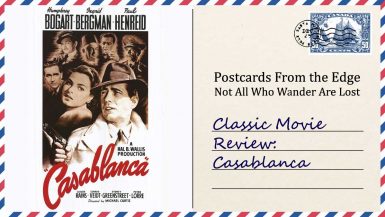Romeo and Juliet were two star-crossed lovers in William Shakespeare’s most famous play. It does not make any specific moral statement about the relationships between love and society, religion, and family. It portrays the chaos and passion of being in love, combining images of love, violence, death, religion, and family in an impressionistic rush leading to the play’s tragic conclusion.
Two households, both alike in dignity,
William Shakespeare
In fair Verona, where we lay our scene,
From ancient grudge break to new mutiny,
Where civil blood makes civil hands unclean.
From forth the fatal loins of these two foes
A pair of star-crossed lovers take their life.
Shakespeare produced most of his work between 1589 and 1613. His early plays were mainly comedies and histories. He then wrote mainly tragedies until about 1608, including Hamlet, King Lear, and Macbeth considered some of the finest works in the English language. In his last phase, he wrote tragicomedies, also known as romances, like As You Like It, and collaborated with other playwrights.
Shakespeare was a respected poet and playwright in his own day, but his reputation did not rise to its present heights until the 19th century. In the 20th century, his work was repeatedly adopted and rediscovered by new movements in scholarship and performance. Shakespeare’s plays remain highly popular today and are constantly studied, performed, and reinterpreted in diverse cultural and political contexts throughout the world.
Romeo + Juliet
PG-13 | 2h | Drama, Romance | 1 November 1996 (USA)
Director: Baz Luhrmann
Writers: William Shakespeare (play), Craig Pearce (screenplay)
Stars: Leonardo DiCaprio, Claire Danes, John Leguizamo
Baz Luhrmann helped adapt this classic Shakespearean romantic tragedy for the screen, updating the setting to a post-modern city named Verona Beach. In this version, the Capulets and the Montagues are two rival gangs. Juliet (Claire Danes) is attending a costume ball thrown by her parents. Her father Fulgencio Capulet (Paul Sorvino) has arranged her marriage to the boorish Paris (Paul Rudd) as part of a strategic investment plan. Romeo attends the masked ball and he and Juliet fall in love.
I’ve seen Shakespeare done in drag. I’ve seen Richard III as a Nazi. I’ve seen “The Tempest” as science fiction and as a Greek travelogue. I’ve seen Prince Hal and Falstaff as homosexuals in Portland. I’ve seen “King Lear” as a samurai drama and “Macbeth” as a Mafia story, and two different “Romeo and Juliets” about ethnic difficulties in Manhattan (“West Side Story” and “China Girl”), but I have never seen anything remotely approaching the mess that the new punk version of “Romeo & Juliet” makes of Shakespeare’s tragedy.
Roger Ebert




